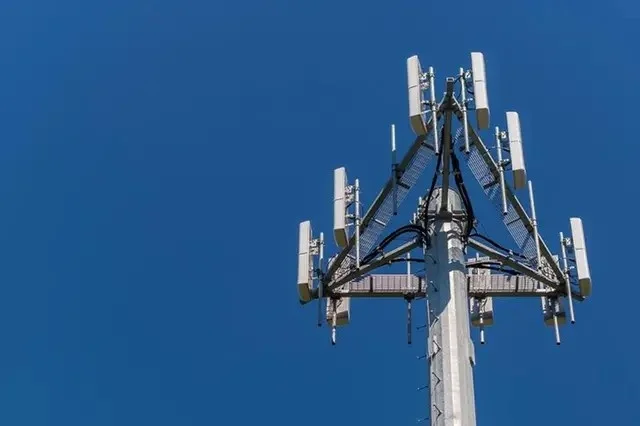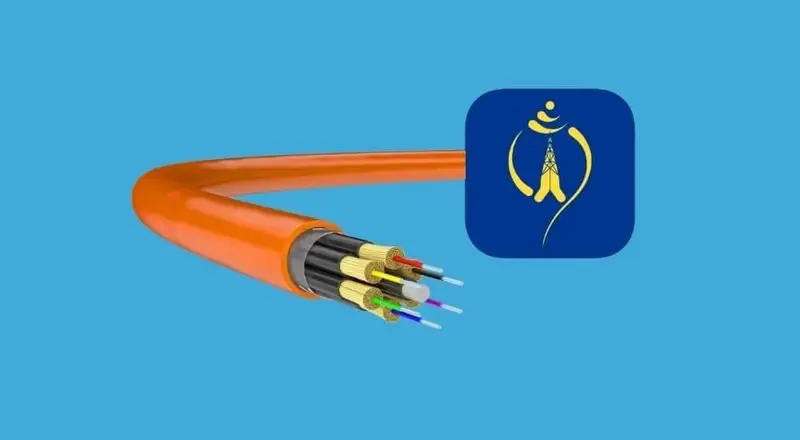The African Telecommunications Union (ATU), a specialized agency of the African Union focused on telecommunications, has received a grant from the Internet Corporation for Assigned Names and Numbers (ICANN) to fast-track Africa’s transition from Internet Protocol version 4 (IPv4) to version 6 (IPv6).
This upgrade is critical to meet the continent’s surging demand for internet connectivity and the rapid growth of connected devices. ICANN coordinates and supports the unique identifiers—names and numbers—used by computers and devices online.
IPv6 is the latest internet protocol designed to replace IPv4, which uses 32-bit addresses limited to about 4.3 billion unique numbers—an insufficient amount given the explosive growth in internet users and devices. IPv6, with its 128-bit addressing, can generate approximately 340 trillion trillion unique IP addresses, effectively resolving this shortage for the foreseeable future.
This transition is particularly vital for Africa, where mobile internet subscribers in sub-Saharan Africa reached 320 million in 2023 and are projected to hit 528 million by 2030, according to GSMA. Despite this growth, nearly 900 million people remain unconnected. Additionally, licensed connected devices are expected to increase from 27 million in 2023 to 51 million in 2030. Adopting IPv6 ensures sufficient addressing capacity to support this expansion.
To support this shift, ATU has developed a strategic framework to help member countries implement IPv6 and raise awareness of its importance in strengthening digital infrastructure.
However, adoption remains low. The Asia-Pacific Network Information Centre (APNIC) reported Africa’s IPv6 adoption rate at just 4.46% in 2025, compared to around 40% globally, underscoring the significant work still needed to bridge the gap.















